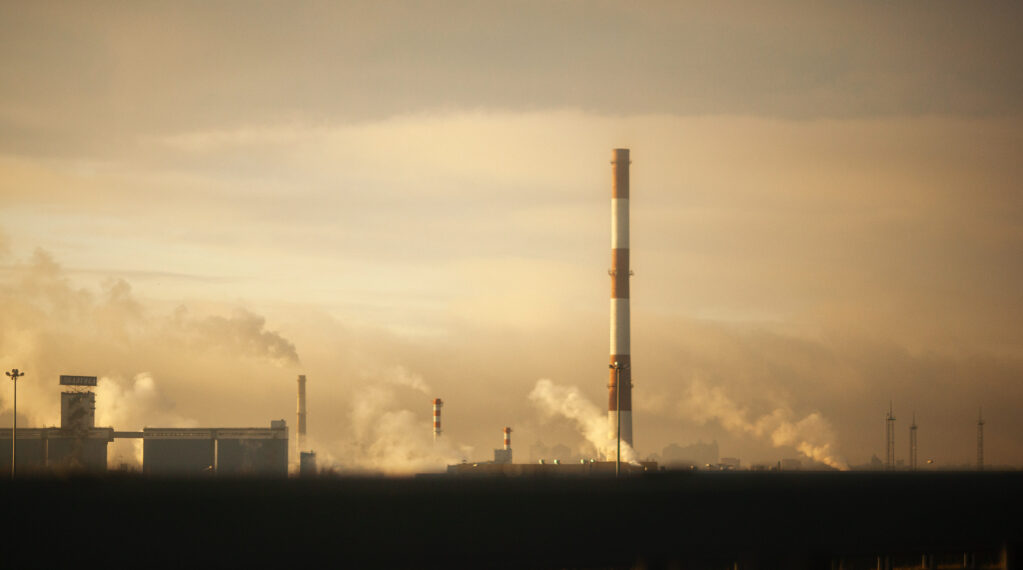Air pollution costs inhabitants of European cities more than 160 billion euros ($190 billion) each year due to long- and short-term health impacts, a group of environmental and social watchdogs said in research published Wednesday.
In a sweeping analysis of air quality, health and transport data in more than 400 cities, the CE Delft alliance said that pollution from fossil fuels in 2018 cost the average citizen 1,250 euros — about 4 percent of their annual income.
Air pollution increases the likelihood of developing conditions that are known risk factors for COVID-19, they said.
“Our findings provide additional evidence that reducing air pollution in European cities should be among the top priorities in any attempt to improve the welfare of city populations in Europe,” the analysis said.
“The present COVID-19 pandemic has only underscored this.”
The study looked at more than a dozen health factors linked to air pollution in cities in order to quantify the “social cost” of exhaust fumes and factory smoke on populations.
The authors put the cost for 130 million citizens in cities studied at 166 billion euros in 2018, the last year for which full data was available.
London had the highest social cost from pollution in absolute terms, totalling 11.38 billion euros lost welfare.
Bucharest (6.35 billion euros lost) and Berlin (5.24 billion euros lost) came second and third, respectively.
Most of the costs related to the heightened risk of premature death experienced by urban dwellers.
The authors said that while air pollution in cities came from a number of sources including agriculture, household heating and industry, there was a clear link between increased car use and heightened social cost.
“This confirms that reduced commuting and car ownership has a positive impact on air quality, thus reducing the social costs of poor city air quality,” they said.
In July, the Air Quality Life Index released annual data showing that air pollution cuts life expectancy for every man, woman and child on Earth by nearly two years.
Nearly a quarter of the global population lives in just four south Asian countries that are among the most polluted — Bangladesh, India, Nepal and Pakistan.
AQLI found that these populations would see their lifespan cut by five years on average, after being exposed to pollution levels 44 percent higher than 20 years ago.
























